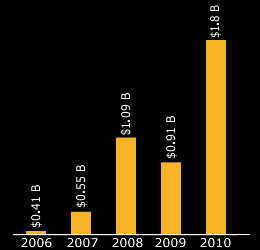You are hereHome > Legislative Corner
Legislative Corner
-
Submitted on 22 May 2012
-
Submitted on 30 April 2012
-
Submitted on 27 March 2012
-
Submitted on 17 November 2011
-
Submitted on 24 October 2011
-
Submitted on 19 September 2011
-
Submitted on 15 September 2011
-
Submitted on 25 August 2011
-
Submitted on 27 July 2011
-
Submitted on 29 June 2011









 President Obama explained his proposal for putting creating jobs now and putting Americans back to work before Congress. In addition to giving the economy a shot in the arm with more money in the pockets of working Americans, his proposed American Jobs Act has several new ideas, backed by both Democrats AND Republicans, which are a win for businesses and employers. The President is focused on rebuilding the economy the American way, through the ingenuity and hard work of the American people.
President Obama explained his proposal for putting creating jobs now and putting Americans back to work before Congress. In addition to giving the economy a shot in the arm with more money in the pockets of working Americans, his proposed American Jobs Act has several new ideas, backed by both Democrats AND Republicans, which are a win for businesses and employers. The President is focused on rebuilding the economy the American way, through the ingenuity and hard work of the American people.

